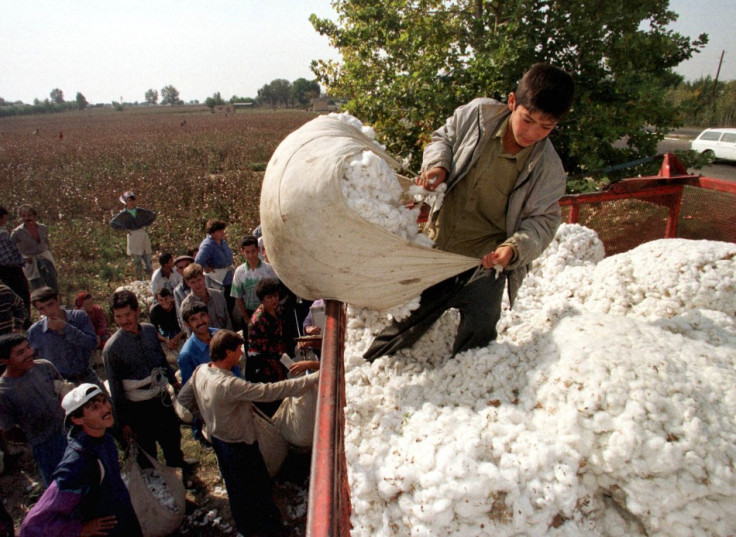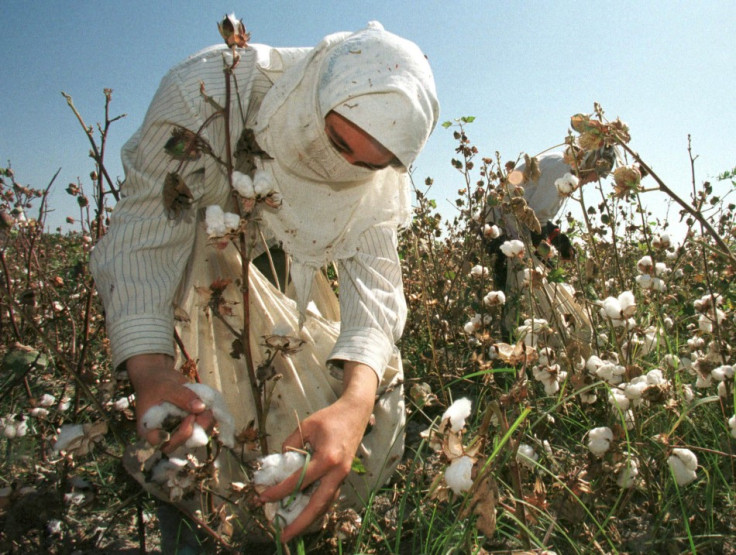Uzbekistan's Cotton Slaves: Videogame Highlights Forced Labour and Human Rights Abuse
Game the News' My Cotton Picking Day seeks to raise awareness of Tashkent’s child labour policies

A British company has launched a videogame to put players in the shoes of the more than one million Uzbekistan citizens and children who are forced to harvest cotton in abusive conditions.
My Cotton Picking Day, by Game the News, challenges gamers to fill the cotton bag of an emaciated picker with the daily 50kg quota Tashkent authorities impose.
The game allows just two options: pick cotton with the right hand or pick cotton with the left. Each click gains about 1.5 cotton grams, making the road to 50kg hours long. Fatigued players are threatened by a taskmaster who says: "Get on with it or you are in for a beating!"
"As a game designer you normally try to create the most fun game you can - in this case it was an unusual challenge in that we wanted to simulate the monotony of picking cotton," creative director Tomas Rawlings told IBTimes UK.
"It also allows us to make a point about forced labour - that when the player quits the game because they've had enough they can do this, but the real cotton picker may not have that luxury."
During harvest season - September to November - more than one million people, including a large number of children as young as nine, doctors, teachers, civil servants and workers from the private sector are forced to work up to 12 hours a day in cotton fields across the country, Human Rights Watch reported. Local activists fighting against this modern slavery are regularly arrested and beaten up.
"The authorities threatened these workers with punishment if they tried to refuse, such as beatings by school administrators and local officials, and denial of critical social benefits," a report by the New York-based organisation says.
The fifth largest cotton exporter in the world, Uzbekistan has long denied access to observers by UN Labour agency ILO.
"In the West we all use the products of forced labour in one way or another," Rawlings said.
"With long supply chains the temptation is to ignore where a product might have come from and what went into it. We used a game to explore one aspect of this."
Several High Street clothing giants and particularly H&M, have recently came under pressure by anti-Slavery International's cotton campaign demanding them to slash contracts with suppliers trading Uzbekistan cotton.

© Copyright IBTimes 2025. All rights reserved.






















